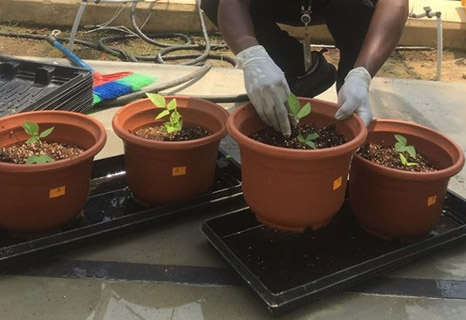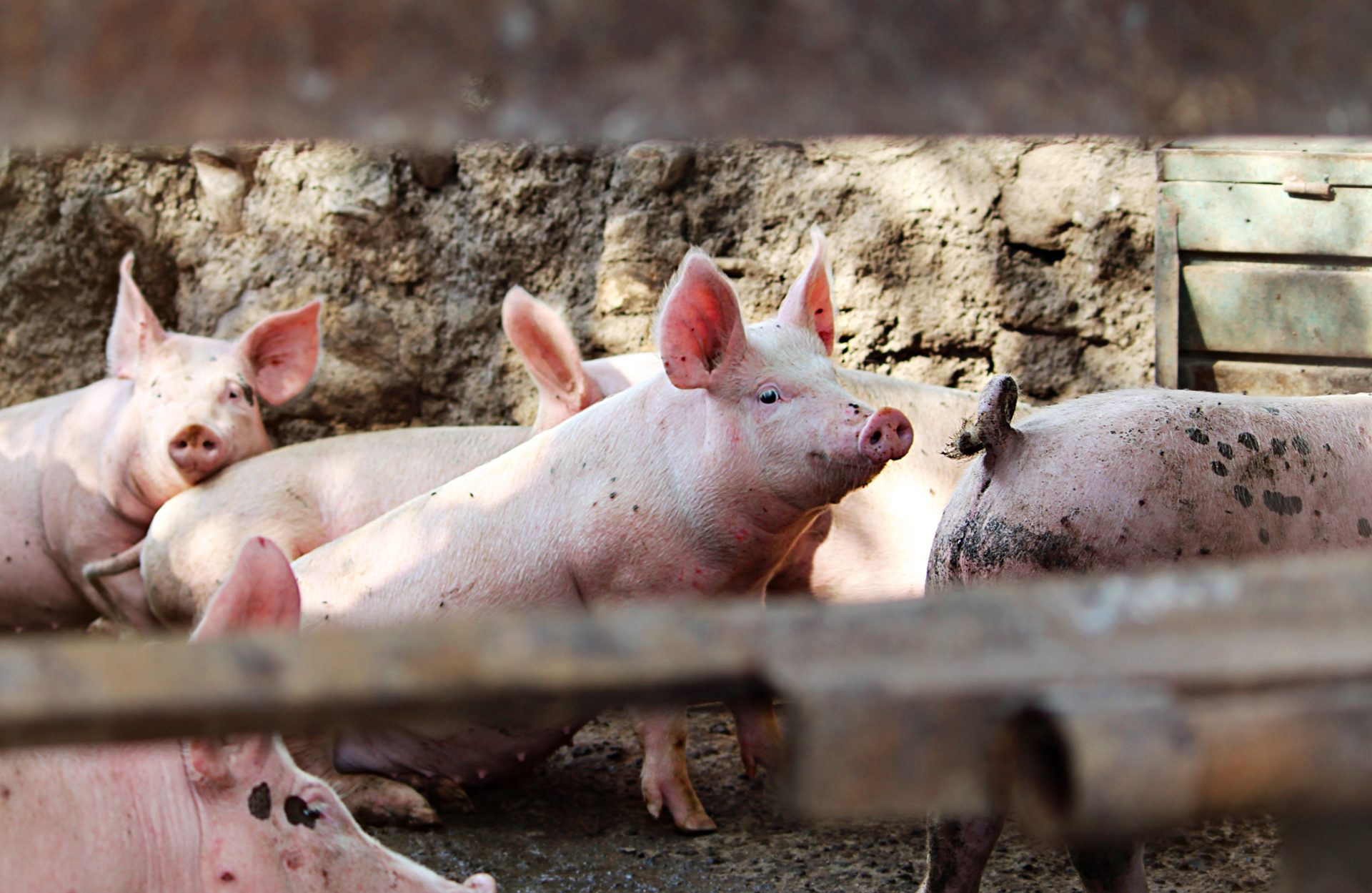Prevalence, antimicrobial susceptibility profiles, and genotypes of thermophilic Campylobacter species from humans and animals in selected regions of Rwanda
Thematic Area: Food security and agribusiness
University: University of Rwanda
Project Leader: Dr. Noel Gahamanyi
Collaborating Partners: Sokoine University of Agriculture; Kansas State University
Duration: 2 years
Project Overview
Background
Globally, Campylobacter is among the primary etiologies of human bacterial gastroenteritis. It is associated with 96 million cases of diarrhea each year. Poultry and pigs are among the major reservoirs of Campylobacter. Due to excessive use of antibiotics in human and animal medicine, there is an escalating number of antimicrobial resistant (AMR) strains. For instance, fluoroquinolone-resistant Campylobacter strains are classified by the World Health organization (WHO) as one of the priority pathogens requiring the discovery of new drugs. In Rwanda, only one study reported the presence of Campylobacter in under-five children. To the best of our knowledge, no other reports do exist on the prevalence and distribution of Campylobacter in humans and animal reservoirs in Rwanda.
Project objective
This project aims to determine the prevalence, antimicrobial susceptibility profiles, and genotypes of thermophilic Campylobacter species from humans and animals in selected regions of Rwanda. In this study, stool samples will be collected from patients attending two teaching hospitals with abdominal complaints. Fecal samples will be collected from chicken, pigs, and their products recognized as the major reservoirs of Campylobacter in the catchment areas of the two hospitals. All samples will be cultured on selective media for the isolation of Campylobacter. Molecular techniques (polymerase chain reaction and sequencing) will be used to characterize Campylobacter isolates. Antimicrobial susceptibility testing of the isolates will be assessed by the disk diffusion method.
Expected Impact
The project is expected to (i) reveal the prevalence and genotypes of Campylobacter species in both humans and animals in Rwanda, and (ii) produce antimicrobial resistance profiles of Campylobacter isolates in the country. The data will help increase awareness on Campylobacter as one of the etiological agents of diarrhea and provide baseline information that can influence AMR surveillance in Rwanda or further studies.
For more information, please contact the Project Leader












